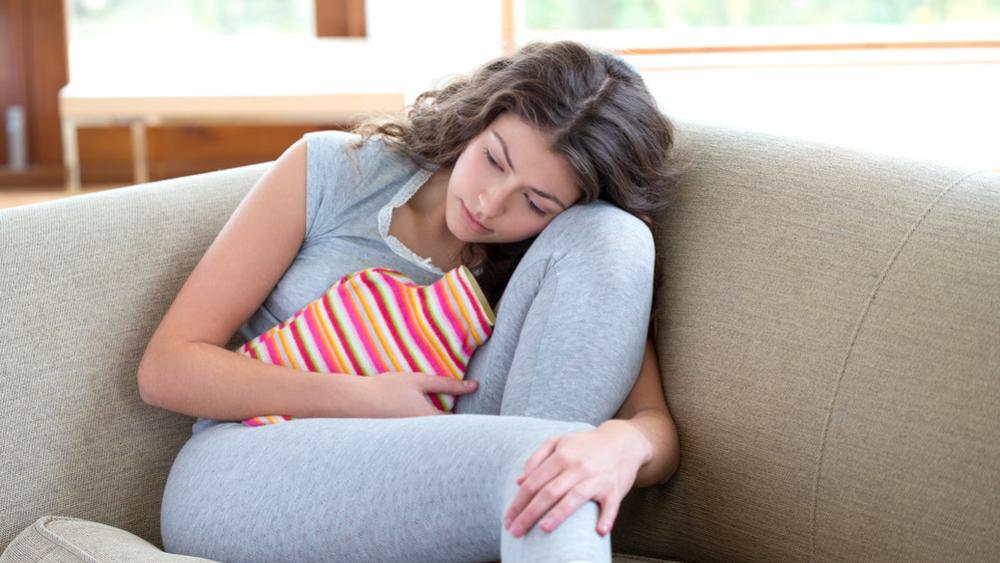




Women's Health
5 Solutions for Your Teen's Painful Periods
Published: May 31, 2022

The Most Common Complaint
Dysmenorrhea is that recurrent, crampy lower abdominal pain which happens during menstruation. It’s the most common gynecologic complaint among adolescent girls. One study showed nearly 80% of teens experience heavy, painful periods. Sometimes that pain can be debilitating.
A lot of times periods are really heavy because of the immaturity of a teenager’s brain. The brain is getting used to talking to the ovaries, talking to the uterus – that hypothalamic axis. Over time, that brain/body connection gets more mature. Everything typically becomes more efficient, and young women begin to ovulate more regularly, hopefully bringing less pain and flow.
Tips To Overcome Menstrual Pain
Is your teen looking for ways to help ease their pain? Here are some places to start:
- Heat: Many people suffering from severe menstrual cramping find it soothing to hold a hot water bottle or heating pad against the lower abdomen. A hot bath or shower may also help.
- Nonsteroidal anti-inflammatory drugs (NSAIDs): Over-the-counter NSAIDs such as ibuprofen (Advil or Motrin) or naproxen (Aleve) can help provide some relief from the cramping and discomfort.
- Birth control pills: The same hormones that help prevent pregnancy can also ease the severity of monthly menstrual cramps. The pill contains estrogen and progesterone, hormones that prevent ovulation and ease period flow. These hormones also can be delivered by an injection, a patch or an implant placed under the skin of the arm.
- An intrauterine device (IUD): An intrauterine contraceptive device called the IUD is also an option if the teen is sexually active. This small T-shaped device is placed in the uterus and slowly releases a progestogen hormone which 'thins' the lining of the uterus and decreases bleeding.
- Surgery: It’s rare, but some painful periods are caused by endometriosis or congenital uterine anomalies. An ultrasound can help your gynecologist determine if a more serious condition is present. If so, surgically removing the abnormal tissue may help reduce symptoms.
If nothing seems to be addressing the painful monthly cycles your teen continues to experience, don't hesitate to reach out to her health care provider for further evaluation. It's important to rule out serious conditions and come up with the best solution possible.
More Resources
- Find an adolescent gynecologist.
- Learn more about endometriosis.
- Read similar articles from our Women's Health section.


